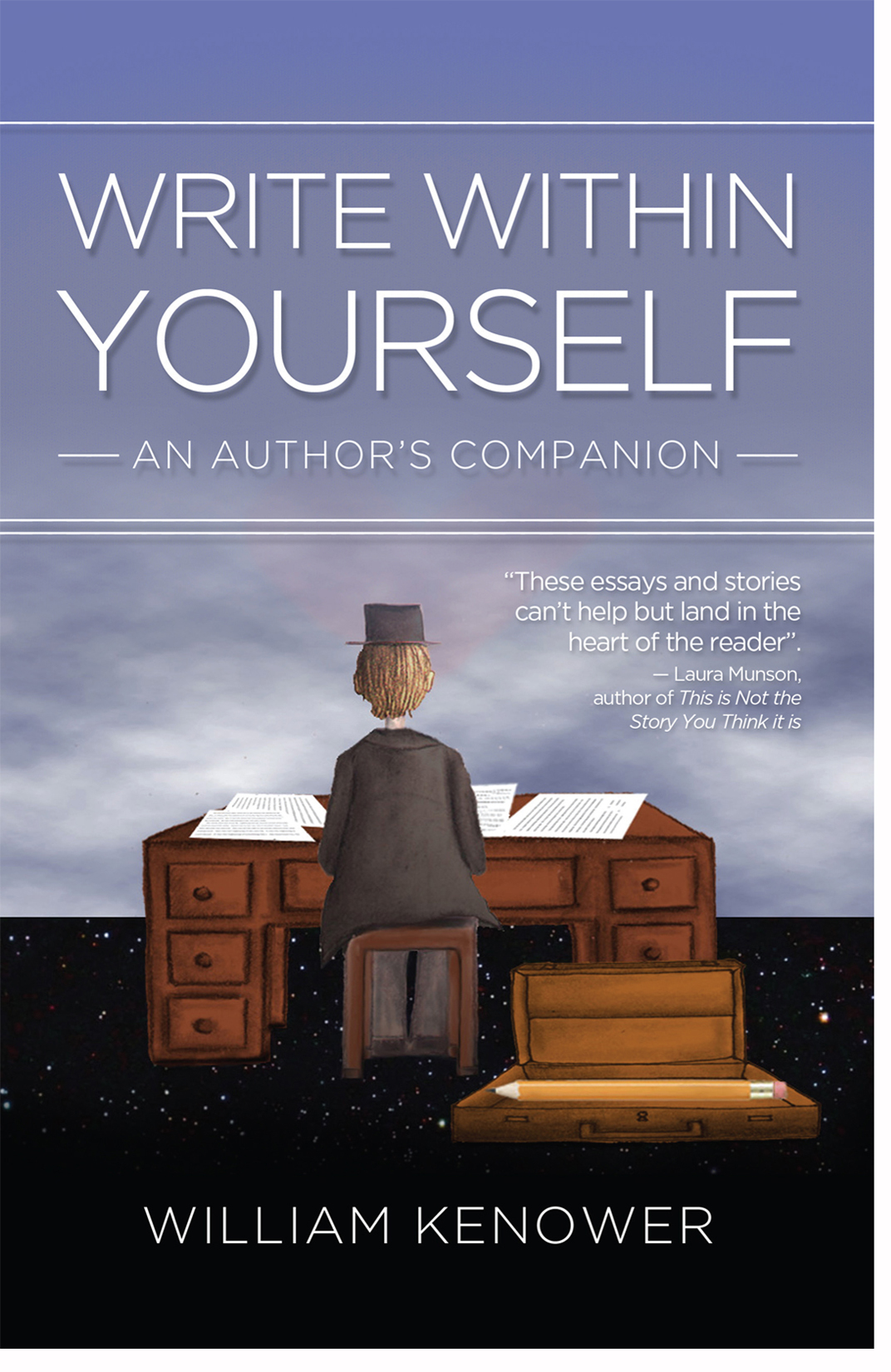Leaving Room
The suspense novelist G. M. Ford is an outliner. He’s a practical man, and he believes in plotting a journey before you begin. However, during our conversation several years ago, he described his process this way: “Yeah, you got to plot it out. You got to know where you’re going, and what your beginning and end are. But you don’t want to plot too much. You want to leave room for the magic!” The magic is the only real reason I write. Even in these little essays, which are always about one small idea and often an idea I’ve thought about and talked about and thought about some more, I leave room for the magic. And leaving room is exactly what I must do. The magic – the unplanned, inspired, original, alive thought – needs space. It cannot coexist with my old thoughts, no matter how inspired they were once upon a time.
But leaving room requires trust. The empty space I clear in my imagination, which is the invitation to the new and inspired thought, cannot be perceived as a threat to my self-worth. I’m a man of action, after all. I like to do stuff and get stuff done and then do some more. Oh, the satisfaction I feel after a productive day, and how grumpy I can become after a day spent drifting and not creating, my mind sent spinning into circular stories of the nothing my life is in danger of becoming.
So the empty space I must allow to invite the magic is not the natural impulse for a fellow like me. Yet it is as essential to creation as the blank page is to writing. What’s more, it is the true peace for which I am searching in all my doing. There is no anxiety in the room I leave for the magic, nor is there doubt or indecision or comparison. There is only love and the asking for more love, a garden that will grow itself as long as there is room to grow.
Write Within Yourself: An Author's Companion.
"A book to keep nearby whenever your writer's spirit needs feeding." Deb Caletti.
You can find William at: williamkenower.com


